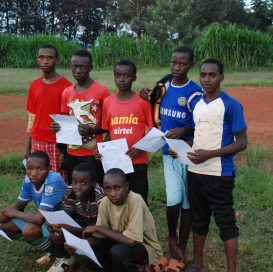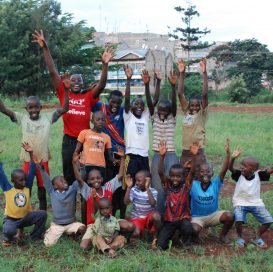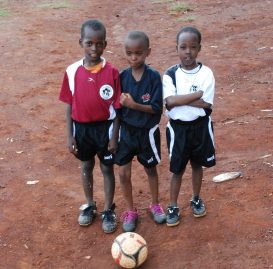TROPHY CHALLENGE

What do you do with so many trophies?
Have we gone trophy-crazy as a society, giving out trophies on children for almost anything, even just showing up? Are we afraid children will be hurt by losing, so we make everyone a winner? Or are awards an effective way to raise children’s self-esteem and keep them motivated to do better? Do we give children too many trophies?
If children always receive a trophy — regardless of effort or achievement — we’re teaching kids that losing is so terrible that we can never let it happen.
What type of message are we sending to our children and players?
Success? Failure? Embarrassing? As parents and coaches, how we react to kids’ failure and successes can be as debilitating or make the child work stronger. We don’t know the outcome of this effect.
We need to teach them it can take a long time to get good at something, and that’s all right. Children needs to know they don’t have to win every time. It’s okay to lose, to make a mistake.
“Sport has the power to change the world. It has the power to inspire it, it has the power to unite people in a way that little else does. “
Nelson Mandela



The Challenge
Chance to Play receives 1000’s of trophies each year. For families with kids in both indoor and summer house league soccer, every year, brings home trophies each and every time. Sits on the shelf or possibly a closet or box. Chance to Play is asking you in the Trophy Challenge in contacting your local soccer club, asking them to reconsider their trophy program. Consider suggesting offering ribbons for participation for younger age groups. Trophies to the winning teams of older soccer teams. Explaining to players and the team the importance of participating with team spirit and leadership without the expectation of a trophy at the end of season. The soccer clubs will save money or allocate those budged funds to a charity of their choice that benefits their community or to Chance to Play to provide soccer gear to children around the word. We donate those trophies to soccer programs in communities in developing countries during their final tournaments.
.
